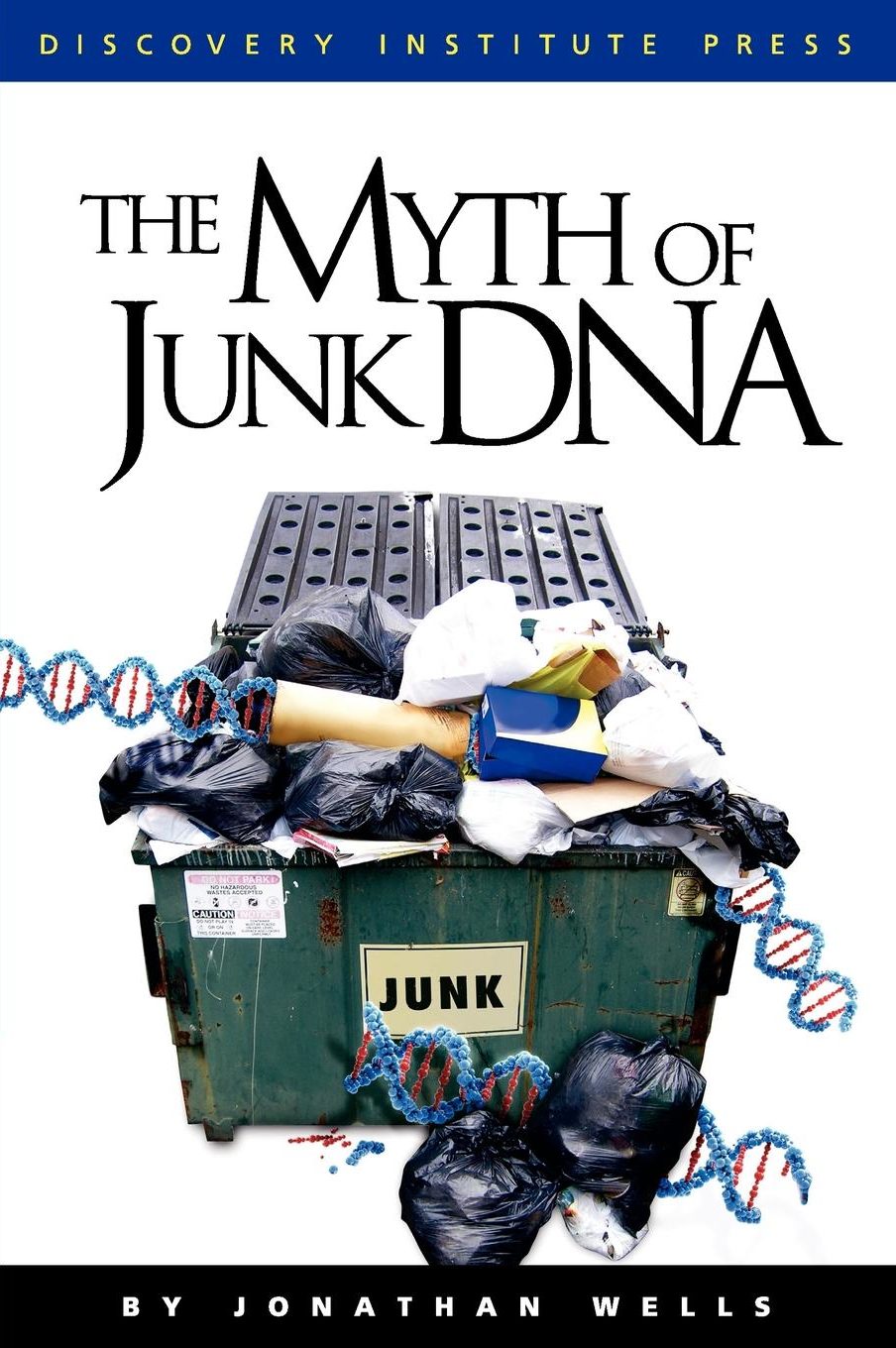
The paywalled paper’s Abstract reads, in part, “We reflect that a broad misunderstanding of pseudogenes [“formerly, junk DNA”], perpetuated in part by the pejorative inference of the ‘pseudogene’ label, has led to their frequent dismissal from functional assessment and exclusion from genomic analyses. With the advent of technologies that simplify the study of pseudogenes, we propose that an objective reassessment of these genomic elements will reveal valuable insights into genome function and evolution.”
Now, even “pseudogenes” is pejorative, never mind “junk DNA” (cites as evidence by Darwinists)
Calling the shift in perspective “simply incredible,” Evolution News and Science Today reports,
A variety of other non-transcriptional functions are documented in the paper, including stabilizing chromosomes, mediating transcript-splicing, and regulating recombination. Thus, in many cases copy numbers of pseudogenes seem to have functional importance, where deviations from the normal genetic state causes disease. They predict: “It is expected that further links between human pseudogene polymorphisms and complex diseases will be identified in the coming years”
The implication is that one reason we presume pseudogenes are functionless is because we haven’t been looking for their functions. And why didn’t we look for their functions? Because we presumed they were functionless! So there’s a circular aspect to the reasoning here. It has created the science-stopping junk-DNA paradigm, which has prevented us from understanding what pseudogenes really do.
Evolution News, “Nature Reviews Genetics — Pseudogene Function Is “Prematurely Dismissed” at Evolution News and Science Today
The authors of the paper, of course, avoid pointing out that the presumption of uselessness was anchored in the comfortable fit between useless junk in the genome and the idea of unintelligent evolution.
Evolutionary thinking is the cause that ultimately created, nurtured, and sustained the junk DNA paradigm. Yet the paper adopts a wholly evolutionary approach, and for this reason never identifies evolutionary thinking as the root problem. The closest the authors get is when they recount how the very first paper to identify a pseudogene (published in 1977) dismissed its potential function as a “relic of evolution”: …
Evolution News, “Nature Reviews Genetics — Pseudogene Function Is “Prematurely Dismissed” at Evolution News and Science Today
But Darwinism seems destined to die in small doses.
Never mind, Jonathan Wells’ The Myth of Junk DNA seems to be holding up well.